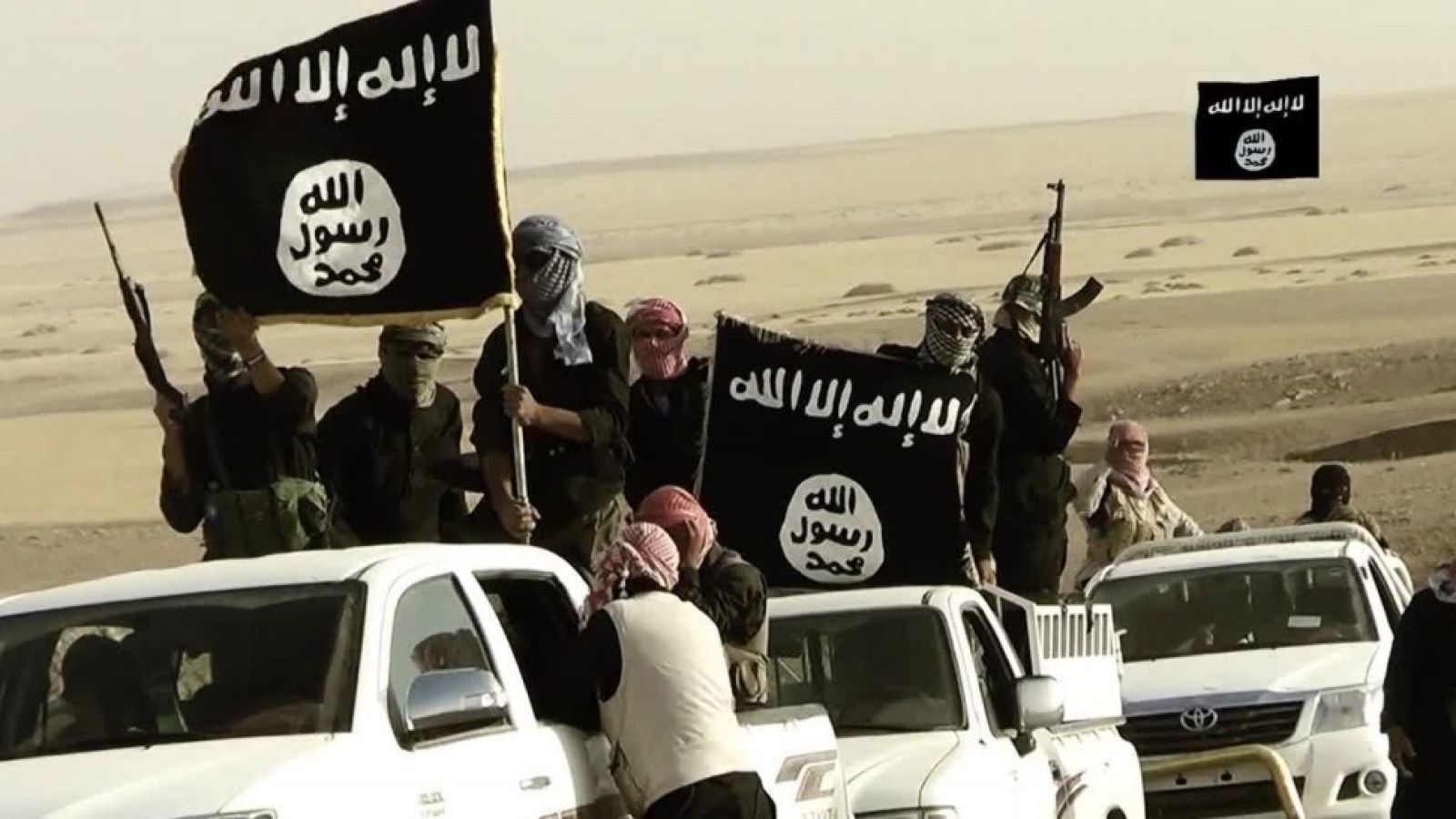Western policy responses to violent Jihad

Islamic State by Day Donaldson/Flickr
With parts of the Middle East highly unstable and the Islamic State (IS) still robust, leading academics will come together at The Australian National University (ANU) on Friday to discuss why western policy responses have failed to supress violent Jihad and extremism.
Conference convener Professor Amin Saikal, Director of the ANU Centre for Arab and Islamic Studies, said the United States and its allies have failed to understand the complexities of the situation in each of the constituent states in the grip of conflict, or in the region as a whole.
“They had hoped that by supporting the Iraqi Government and moderate rebels in Syria they would be able to prevent the crisis escalating,” Professor Saikal said.
“They may have been able to contain IS, but they have not been able to change the conditions that gave rise to it. As long as those conditions persist, even if IS is defeated, there will always be the possibility of another group replacing it.”
Conference speakers include:
- Professors James Piscatori – ANU Centre for Arab & Islamic Studies
- Professor Michael Wesley – ANU Coral Bell School of Asia Pacific Affairs
- Professor Amin Saikal - ANU Centre for Arab & Islamic Studies
- Adjunct Professor Bob Bowker - ANU Centre for Arab & Islamic Studies
- Dr Raihan Ismail - ANU Centre for Arab & Islamic Studies
- Ms Reem Sweid - Director, Muslims for Progressive Values Australia
- Dr Jeremy Youde, ANU Coral Bell School
For more information and a full program visit /node/656